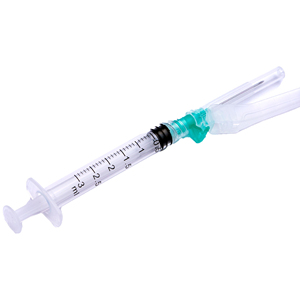
All categories
Featured selections
Trade Assurance
Buyer Central
Help Center
Get the app
Become a supplier

(Có 129 sản phẩm)










Đánh giá sự lựa chọn đáng kinh ngạc của hoàn hảo. kim tiêm 1cc tại Alibaba.com và tận hưởng các thuộc tính ngoạn mục của họ với mức chiết khấu hấp dẫn. Những cái này. kim tiêm 1cc không chỉ là những phần quần áo khác. Ngược lại, chúng là biểu tượng của sự sẵn sàng về tinh thần và thể chất. Bằng cách đặt. kim tiêm 1cc trên, người mặc chứng tỏ rằng họ đã sẵn sàng tham gia lớp học karate và cam kết hết mình.
Sự đồng đều đạt được khi các đội mặc vào. kim tiêm 1cc thêm vào cảm giác chung về sự gắn kết, kỷ luật và trật tự giữa chúng. Chất liệu và thiết kế được sử dụng trong. kim tiêm 1cc đảm bảo chúng thoải mái và không gò bó khi mặc. Mặc dù ban đầu người đeo có thể cảm thấy hơi kỳ quặc nhưng dần dần họ sẽ quen với chúng. Các. kim tiêm 1cc tự hào về các loại vải tuyệt vời giúp chúng có độ bền ấn tượng và khả năng chống lực xé.
kim tiêm 1cc tại Alibaba.com có nhiều lựa chọn nhất có nhiều kích cỡ, màu sắc và kích cỡ. Tất cả thị hiếu và sở thích của người dùng đều có sẵn để trẻ em và người lớn đều tìm thấy sản phẩm hoàn hảo. kim tiêm 1cc. Chất lượng của những loại vải này là cứng, thoáng khí và ấm cúng, do đó, khuyến khích tất cả những người đam mê võ thuật nên có chúng. Các. kim tiêm 1cc có thể giặt được dễ dàng, đây là đặc điểm cần thiết giúp nâng cao khả năng duy trì chúng trong điều kiện nguyên sơ.